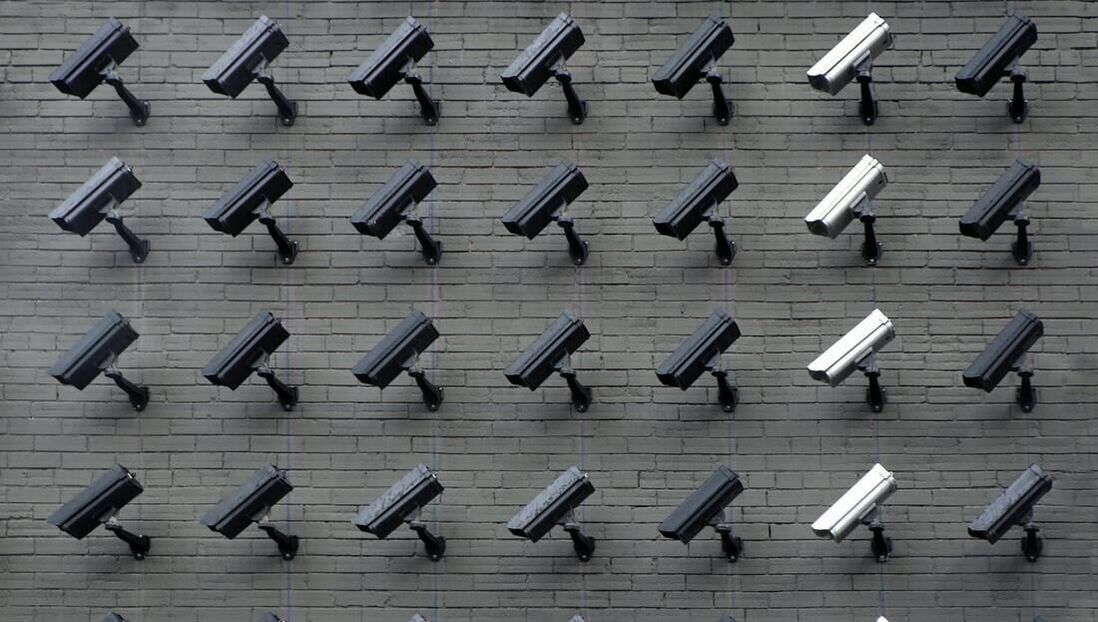|
Do Americans who feel protected against “unreasonable searches and seizures” have an unreasonable expectation?
That clause, of course, comes from the Fourth Amendment. The Founders’ farsighted handiwork bequeathed to us the sacred gift of court-ordered warrants with which, in the interest of ordered liberty, perfectly reasonable searches and seizures can be conducted by officers of the law. Most Americans, if they read the news, know that over the past several decades the surveillance state has notably undermined the Fourth Amendment and our sense of personal security. Add to that the ever-growing suspicion that private parties spy on our web searches, and suddenly our expectations of privacy vanish into the constitutional ether. What would it take to push us over the precipice into a dread state of Big Brother Orwellia like the People’s Republic of China? Perhaps it would be a public-private partnership combining the will of the political state with the capability of the private sector. Remember that in any such partnership, the senior partner is always the one with the legal monopoly on coercion. Consider Homeland Security Secretary Alejandro Mayorkas, who has emerged as an enthusiastic proponent of such an unconstitutional combination of public power and private technology. Also consider the disturbing White House confirmation that the Department of Homeland Security (DHS) has been working with big social media companies to monitor and censor Covid-related “misinformation.” Now Mayorkas intends to forge alliances with social media to search for “extremist” content. “Who’s an extremist?” asked Bob Goodlatte, the former House Judiciary chairman who now serves as senior policy advisor to Project for Privacy and Surveillance Accountability. “In some cases, it depends on who you ask. Are all controversial people now going to be surveilled by the government for their ideology?” Not amused, Rep. Jim Jordan, R-Ohio, wrote to the secretary, “According to recent reports, DHS intends to use third-party contractors to spy on the social media communications of American citizens for signs of ‘extremist’ threats.” This, Jordan continued, “is even more dangerous when viewed in the context of DHS’s prior targeting of American citizens for holding benign political opinions. Although the reports indicate that DHS intends to monitor ‘extremist’ threats, the Department has a history of targeting Americans for holding ‘suspicious views,’ such as being pro-Second Amendment, favoring lower levels of immigration, or opposing the use of force by police.” Jordan’s letter, giving a Sept. 1 deadline, demands Mayorkas provide detailed communications between DHS staff and with social media companies pertaining to his surveillance project. Comments are closed.
|
Categories
All
|


 RSS Feed
RSS Feed